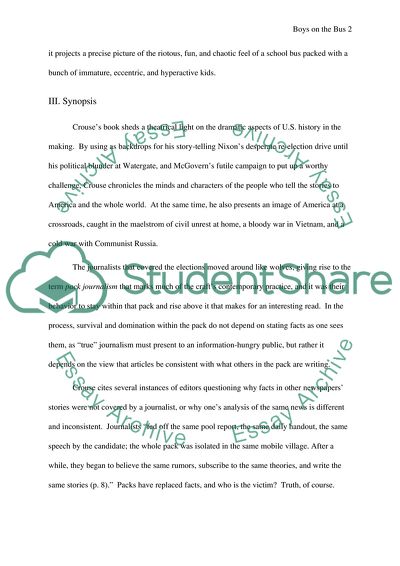Cite this document
(The 1972 Presidential Election Book Report/Review, n.d.)
The 1972 Presidential Election Book Report/Review. Retrieved from https://studentshare.org/politics/1537877-book-report-from-list
The 1972 Presidential Election Book Report/Review. Retrieved from https://studentshare.org/politics/1537877-book-report-from-list
(The 1972 Presidential Election Book Report/Review)
The 1972 Presidential Election Book Report/Review. https://studentshare.org/politics/1537877-book-report-from-list.
The 1972 Presidential Election Book Report/Review. https://studentshare.org/politics/1537877-book-report-from-list.
“The 1972 Presidential Election Book Report/Review”, n.d. https://studentshare.org/politics/1537877-book-report-from-list.


